Get to Know a Legislator: Rep. Michael Caldwell
April 12, 2018
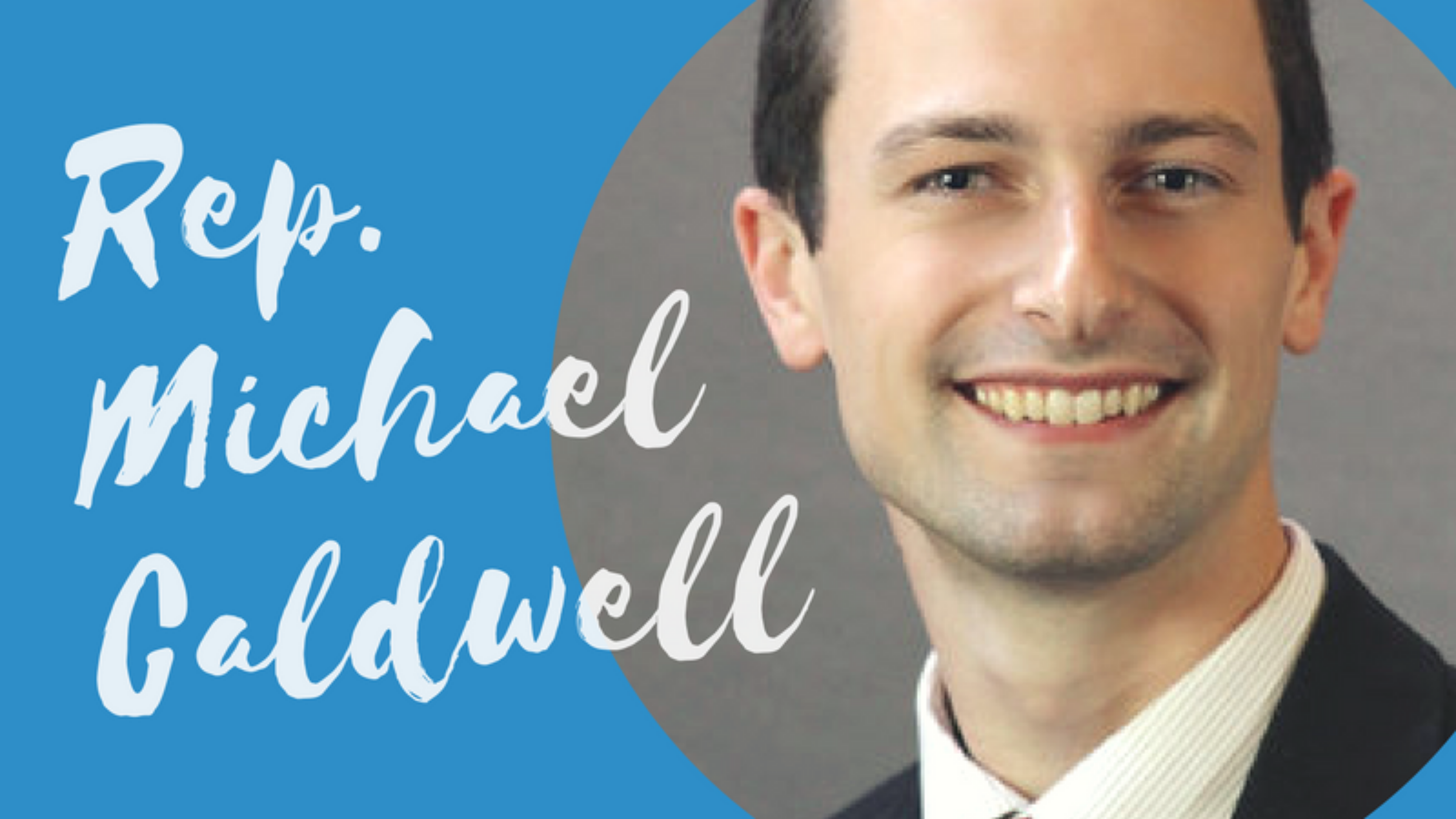
By Jonathan Mangrum
Georgia’s 20th District Representative, Michael Caldwell, took a chance on running his ideal campaign and turned it into an ongoing career of public service. He works to make government as accountable and accessible as possible to those he serves and was recently selected to share his expertise on MAP’s Democracy Reform Task Force. As Co-Chair of the Georgia Future Caucus, Rep. Caldwell believes bipartisanship is a means to political progress.
Rep. Caldwell sat down with Millennial Action Project to discuss making your name as a successful Millennial, creating good government, and climbing Mt. Kilimanjaro.
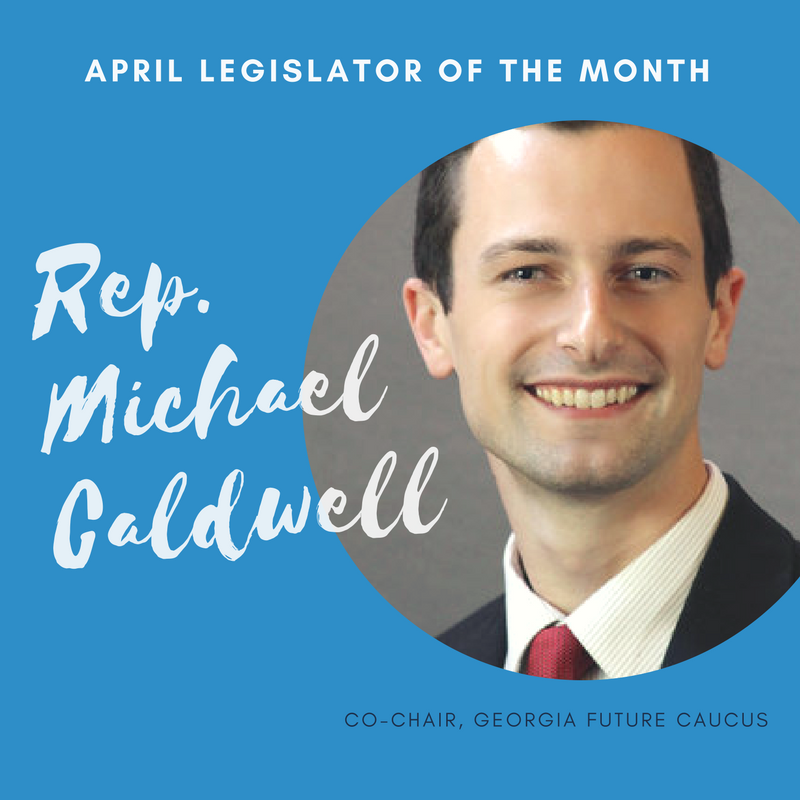
MAP: What was the first moment that you remember considering public service?
Rep. Michael Caldwell: For me, it wasn’t a single moment. I never had a family member involved in politics. I wasn’t the County Commissioner’s kid, I was just a history nerd, who in high school and college, would sit in the gallery of the House of Representatives and watch. As I observed more, I became a Republican who saw a role for lobbyists, but believed that they had too much financial interest in our capitol.
My incumbent disagreed with me, and I decided at the time — I was 20 years old, and I’d be 21 by swear-in — that the Constitution said I was old enough to run if I wanted to. Having never having worked on a campaign nor had family in government, it was one of those exercises in self-government that just sort of took off.
I met with a state senator at the time who didn’t know me, but gave me an hour and a half to sit and talk with him to say, “This is who I am, I want you to know me, etc.” He got to the end and said, “Can I be honest with you?” And I said, “Yeah, please!” He said, “At your age, if you take ten percent of the vote, you’re going to change the way we look at Georgia politics.” And I thought, “Well, crap.”
So I met with a couple of close friends of mine with a big whiteboard on the wall and we said, “Look, if we’re going to lose either way, let’s take an hour and write up the perfect campaign, the perfect office, and what our arguments would look like.” So we wrote out things like “no lobbyist money,” “no gifts,” “no war chest”. At that moment, I decided that at the end of every election cycle to send all my money back to my donors. If you want to run for my seat and you live in my district, we both start from scratch and from an even playing field. I also included a disclosure of every penny we raise campaigning in an attempt to change the game.
So we ran that race, and we didn’t take ten percent — instead, we came about 200 votes shy with 46%. We came back about two years later and were outspent by more than ten times, but managed to win 55% of the vote.
So, for me, there wasn’t a single moment, just a series of being a nerd, finding a place to make a real difference, and taking a chance.
What did you learn from your first campaign that you applied when you ran for office again?
I learned that age is not the limit you might imagine it to be. Most voters are more than willing to give you a chance, and they care a lot more about what you think than your age.
I also learned that there is no price to put on knocking on doors. People still trust a handshake, so if you can get in front of them, look them in the eye, and tell them what you’re about, I’m a very firm believer you are very likely to win their vote.
And I learned that you need to stick to what you’re about, too. I think a big part of why I was able to win the second race was because I’d been consistent with who I’d been in my first race. So people had an opportunity to get to know me. More than anything, I think I learned that the system works: anyone can run for office, and you don’t have to run by the “rules”. It makes it a lot harder, but you have to try new things. It’s the nature of the system, and it’s how it’s supposed to work.
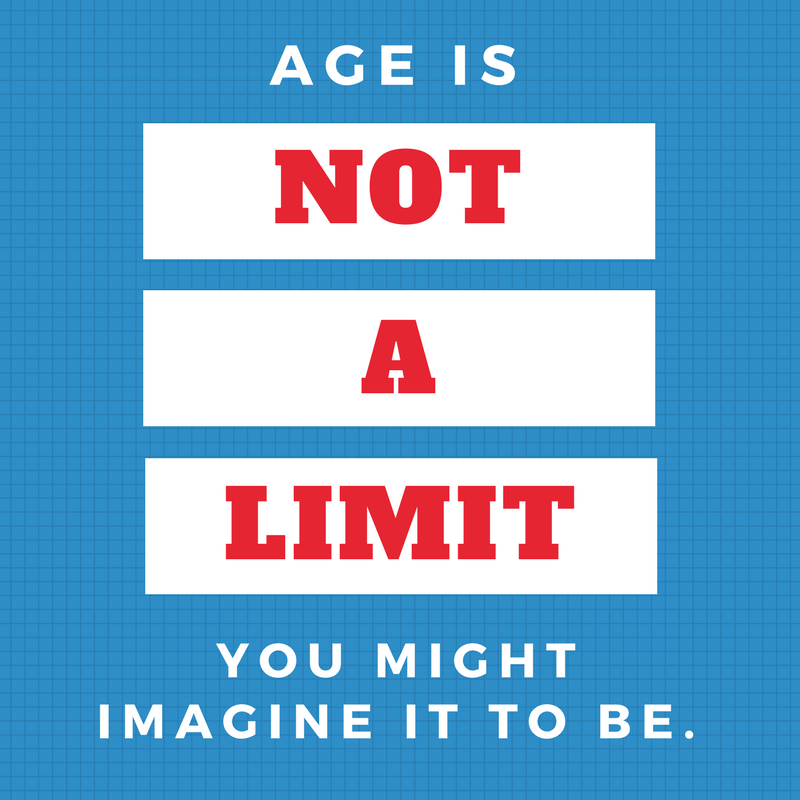
Has serving as a state representative changed your perspective on politics and public service? Is there anything you wish you knew before you ran for office?
You know, I think one of the big surprises for me — I hate to describe it as a surprise — but it’s something that I was really pleased to find, is that the vast dramatic majority of public office holders are fantastic people — whether you agree or disagree with them and no matter their age, party, or creed. They’re genuinely good people who really are trying to make a difference.
I think we’re taught from a very early age that everyone who holds an elected title is somehow evil or self-centered, but that couldn’t be farther from the truth. It’s been a really neat experience to get to know these people first-hand.
What do you enjoy most about your current work, and do you have a proudest moment?
I think the thing I enjoy most about this job is simply being able to say I’ve taken part in the great American experience. When my son was born three years ago, I had been in the House for three years, and when people would ask me, “Why are you running for reelection?,” I would always point at him. And I know it’s a cliché political answer, but the honest answer is that if in the future we find that this country looks dramatically different in policy and philosophy than it does today — and than it did for our Founders — I don’t intend to look at my son and say that I did nothing to fight to preserve the United States that our Founders intended.
As for a favorite moment, after six years now, I can’t walk into that Chamber without a feeling of awe. It’s a really spectacular honor to get a part in a job like this. Representing 60,000+ people — well, that doesn’t become mundane or normal.
What has been the most challenging aspect of being an elected official?
You know, one of the biggest challenges, I think, is that in Georgia, we have a part-time legislature, which means our state legislators make $17,000 a year, but for about a third of the year we are at the capitol and unable to go work at a real job. And so a dramatic challenge is, number one, either keeping your business running or convincing your employer you should be able to disappear for that kind of time and then, secondly, balancing both full-time jobs. This isn’t a regular part-time job; it certainly eats up time year-round, all while you’re also trying to take care of your family. It’s a time commitment we sign up for, so you try really hard not to complain about it.
The majority whip when I first joined the House used a line that has echoed with me for a long time. He said, “When you think about complaining about this job, just remember you didn’t just ask for it, you begged for it.” But from a time commitment and financial strain, I’ve watched a lot of members go through some really hard times, and it can be a challenge just to keep all of the plates spinning.
What does it mean to you to be a Co-Chair of the Georgia Future Caucus? What is the value of this being a bipartisan group?
Remember when I used that word “honor” earlier about being in the House? That absolutely applies here, too. We have some really spectacular Millennial legislators. In the Georgia legislature, we’ve got quite a lot of them, and the thing I love about our Millennials is they’re not defined by being Millennial. We each have our area of expertise. We’re young, hard working people — and just good people all-around — so I love that I have an opportunity to have a leadership role with some of my favorite members of the House of Representatives.
From a bipartisan perspective, what I love about having an opportunity to get involved in a group like this is that I’ve preached for a really long time we should really be focused on policy, not partisanship. Because it gives us time to finally put some meat on those bones and show that we can get down to brass tax. We focus in on what’s best for Georgians by breaking the divide when we’re able.
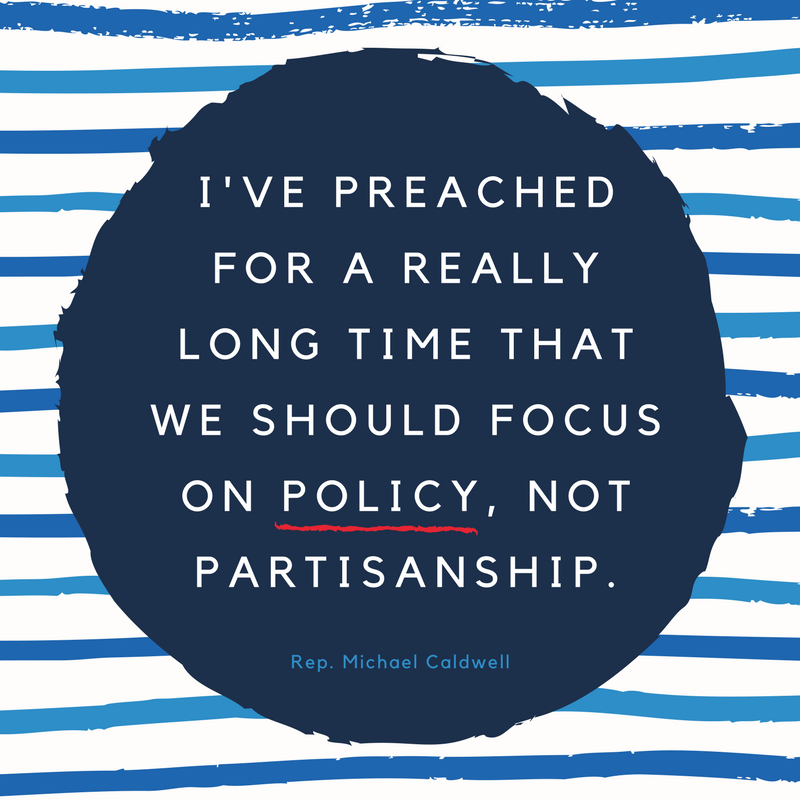
What political issues do you and your young constituents find most pressing?
For me, I ran on a really simple tagline both times I ran for office: accountable, honest, and transparent government. My goal is always: how can we make government more accessible and more accountable? I’m a big believer that accessibility leads to accountability. If you can’t get to me, you’re never going to be able to hold me accountable, right? It’s things like holding a weekly coffee in my district every Saturday morning for eight years now. So, my most important issue is brainstorming new ways and finding new initiatives to answer the question: “How do we make government more accessible to the average constituent? How do we make it more transparent? Easier to digest?” Because I think we make better decisions with better data, so I want the good, the bad, and the ugly of government to be available and accessible to every Georgian. For Millennials in my district, I think that matters. I certainly hope it does.
How can young people in your district and state support your Future Caucus?
I think the best answer to that is to call and come get involved. Give me a call. My cell phone number — and you can add it to the transcript — is (678) 523–8570, and anyone who wants to get involved in the Georgia Future Caucus is more than welcome to call. I would love to speak to you, figure out what you’re passionate about, and determine what you can add.
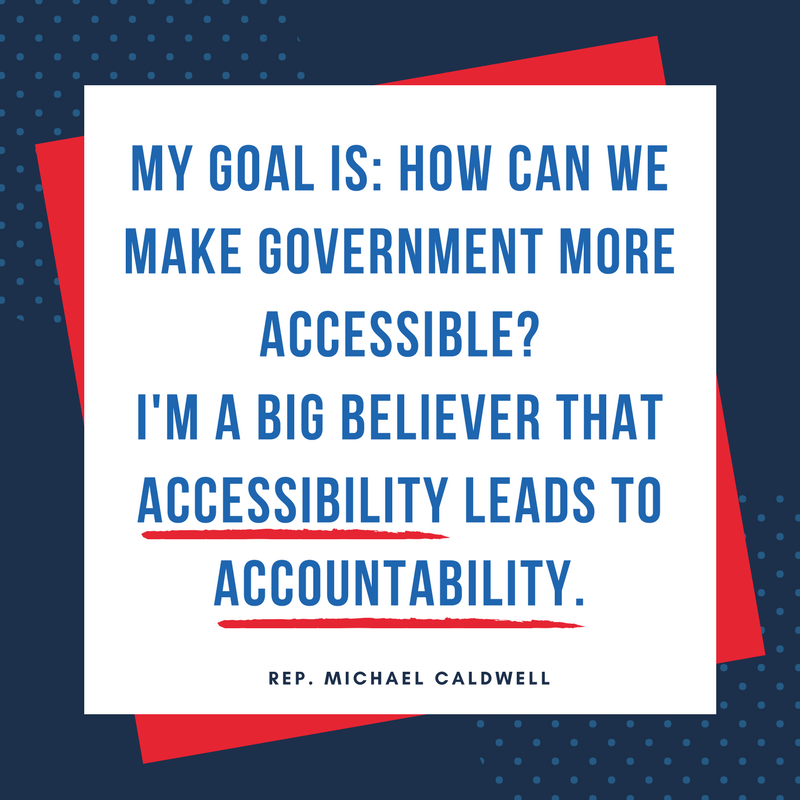
As a generational minority in every state legislature, what advice would you give to a Millennial who is interested in running for office?
Don’t define yourself by the word “Millennial.” Show that you are talented, intelligent, and hard-working and you will win everyone over. It’s so much more important to add value to the chamber and your state than to identify yourself as falling within an age bracket. That doesn’t mean you can’t work together on what you’re doing, and it doesn’t mean you can’t work hard, or have fun being Millennial. It’s important that you don’t get so caught up in the identity that you don’t actually add value to it.
We heard a fun fact about you, and we have to know — what inspired you to climb Mt. Kilimanjaro?
Mt. Kilimanjaro is the tallest free-standing mountain in the world; in fact, base to crest, it’s taller than Mt. Everest (Everest just sits higher up in the Himalayas). Before I decided to climb it, I had never hiked more than a couple of miles up a mountain. What inspired me to do it was the challenge. I had started a company back in 2011 and had said for years that when we sell this company, I’m going to climb Kilimanjaro. That would become my insurmountable task, right? And, shoot, we sold the company! So, in October of last year, I took my father, another guy we started the company with, and my college roommate, and the four of us climbed the tallest free-standing mountain in the world. It took us eight days, and it was definitely one of the most difficult things I will ever do. It was one heck of an adventure.
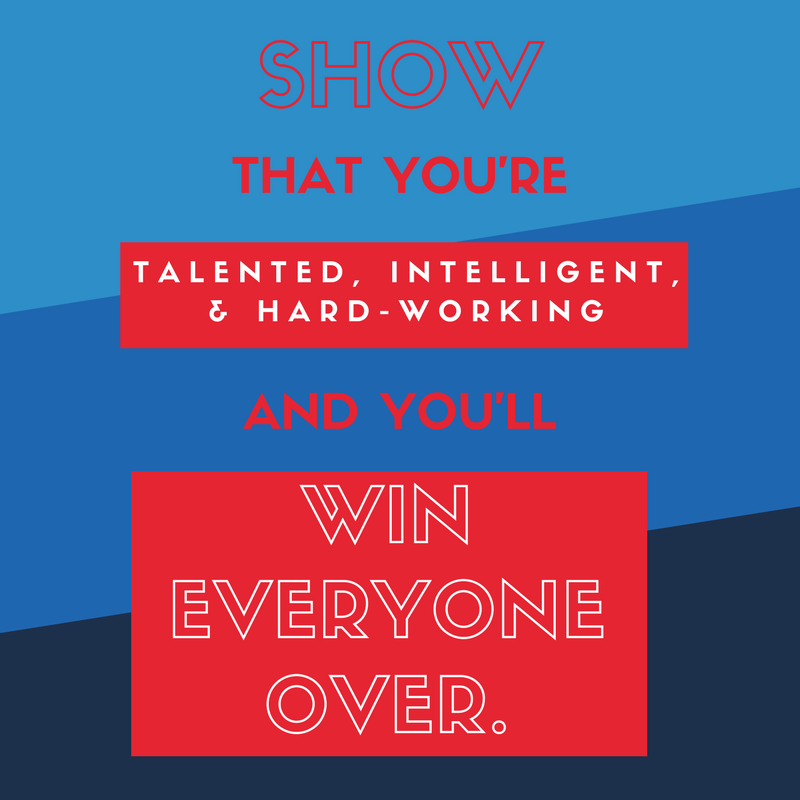
This interview has been edited and condensed for clarity.
Learn more about Rep. Caldwell and the work being done in the Georgia Future Caucus on our website.
As a 501(c)(3) organization, Millennial Action Project (MAP) is generally prohibited from attempting to influence legislative bodies in regards to policy and legislation. Guest authors frequently take firm stances on issues and policy matters that are currently being debated by policymakers; when they do, however, they speak for themselves and not for MAP, its board, council or employees.






Join 1,800+ BIPARTISAN LEADERS NATIONWIDE
Be a part of a network of lawmakers committed to governing effectively, passing more representative public policy, and increasing public trust in democracy.